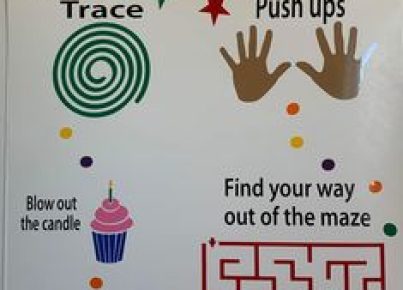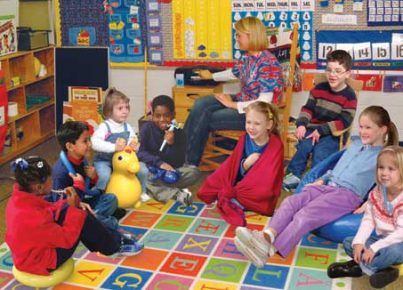Special education teachers play a critical role in enabling students with diverse needs to achieve their full potential. To support this mission, educators can access a wealth of resources designed specifically for the unique challenges of special education. From customizable lesson plans to assistive technologies, here are several invaluable tools and materials that special education teachers can integrate into their teaching strategies.
Firstly, websites like Teachers Pay Teachers offer a plethora of resources created by fellow educators, which include worksheets, interactive activities, and comprehensive lesson sequences tailored to a variety of learning differences. Such platforms enable teachers to share best practices and content that can be directly applied or adapted to their own classrooms.
Another fundamental resource is the use of assistive technology. Tools such as speech-to-text programs, text-to-speech software, and alternative input devices help students overcome barriers to learning. These technologies not only support students with disabilities in accessing the curriculum but also empower them to express themselves more freely.
Organizations like The Council for Exceptional Children provide professional development opportunities for special education teachers. These include webinars, certification courses, and conferences that keep teachers at the forefront of educational research and pedagogical strategies.
Furthermore, educational apps and games designed for special needs students offer engaging ways to build skills in various subject areas. Apps such as Proloquo2Go assist nonverbal children with communication, while others focus on social skills or sensory processing.
Additionally, visual aids and manipulatives are essential in a special education setting. Visual schedules, storyboards, and token economy systems can support behavior management and daily routines. Manipulatives provide hands-on ways to grasp mathematical concepts or improve fine motor skills.
Lastly, collaboration with other professionals such as speech-language pathologists, occupational therapists, and school psychologists is vital. Interdisciplinary teams can develop Individualized Education Programs (IEPs) that cater to the holistic needs of each student. Networking within these professional circles often leads to the discovery of new resources and collaborative efforts in creating specialized educational materials.
In conclusion, the wealth of resources available to special education teachers is vast and continuously evolving. By employing these tools effectively in their teaching practices, educators can enhance their instruction methods and better address the diverse learning styles and needs of their students, thereby fostering an inclusive environment where every learner has the opportunity for success.





